corn oil, a kitchen essential crafted to elevate your culinary creations. Sourced from the finest corn kernels and processed with precision, our corn oil boasts a light, clean taste that enhances the flavors of your favorite dishes without overpowering them.
Packed with nutritional goodness, our corn oil is rich in heart-healthy unsaturated fats, including both polyunsaturated and monounsaturated fats. These fats help maintain healthy cholesterol levels, making our corn oil an excellent choice for those seeking to support their cardiovascular health.
With its high smoke point, our corn oil is perfect for all your cooking needs, from sautéing and frying to baking and grilling. Its stability under heat ensures that your dishes cook evenly while retaining their natural flavors.
Not just a cooking staple, our corn oil also shines in salad dressings and marinades, adding a subtle richness that complements a wide range of ingredients.
Experience the versatility and quality of our corn oil, trusted by chefs and home cooks alike for its reliability and exceptional taste. Elevate your cooking with our premium corn oil today.
-
Frying: Due to its high smoke point, corn oil is excellent for frying foods. It can be used for deep frying, shallow frying, and pan frying. Its neutral flavor won't interfere with the taste of the food being fried, allowing the natural flavors to shine through.
-
Sauteing: Corn oil works well for sautéing vegetables, meats, and seafood. Its high smoke point ensures that it can withstand the heat without burning, while its mild flavor complements a wide range of ingredients.
-
Baking: Corn oil can be used in baking recipes to add moisture and tenderness to baked goods. It can replace butter or other oils in recipes like cakes, muffins, cookies, and bread.
-
Salad Dressings: Corn oil can be used as a base for homemade salad dressings. Its light flavor allows other ingredients like vinegar, herbs, and spices to stand out, creating delicious dressings for salads, pasta salads, and grain bowls.
-
Marinating: Corn oil can be used as a base for marinades for meats, poultry, seafood, and tofu. Its neutral flavor allows the marinade ingredients to penetrate the food, infusing it with flavor and helping to tenderize tougher cuts of meat.
-
Grilling: Corn oil can be brushed onto meats, vegetables, and seafood before grilling to prevent sticking and promote even cooking. Its high smoke point makes it suitable for grilling at higher temperatures without burning.
When using corn oil, it's essential to store it in a cool, dark place away from heat and light to maintain its quality and freshness. Additionally, always use a clean, dry utensil when handling corn oil to prevent contamination.
-
Cooking: Corn oil is highly effective for cooking due to its high smoke point, which means it can withstand high temperatures without burning. This makes it ideal for frying, sautéing, baking, and grilling.
-
Health Benefits: Corn oil is rich in polyunsaturated and monounsaturated fats, including omega-6 fatty acids, which are beneficial for heart health when consumed in moderation. It can help lower LDL (bad) cholesterol levels while increasing HDL (good) cholesterol levels, reducing the risk of heart disease.
-
Nutritional Value: Corn oil is a good source of vitamin E, an antioxidant that helps protect cells from damage caused by free radicals. It also contains phytosterols, plant compounds that may help lower cholesterol levels.
-
Skin and Hair Care: Corn oil is sometimes used in skincare products due to its moisturizing properties. It can help hydrate and soften the skin when applied topically. Similarly, it may be used in hair care products to condition and nourish the hair.
-
Industrial Uses: Corn oil finds applications beyond the kitchen, such as in the production of biodiesel fuel, as a lubricant in machinery, and in the manufacturing of soaps, paints, and other products.
-
High Caloric Content: Like all oils, corn oil is calorie-dense, with about 120 calories per tablespoon. Overconsumption of high-calorie foods, including oils, can contribute to weight gain and obesity if not balanced with physical activity and a healthy diet.
-
Potential Allergies: Individuals with corn allergies may experience adverse reactions to corn oil. Symptoms may include skin rashes, digestive issues, or respiratory problems. If you suspect an allergy, it's essential to seek medical advice and avoid consuming corn oil.
-
Omega-6 Fatty Acids: Corn oil is high in omega-6 fatty acids, which are essential for health but should be balanced with omega-3 fatty acids. An imbalance between omega-6 and omega-3 fatty acids in the diet may contribute to inflammation and increase the risk of chronic diseases.
-
Oxidation: Like other cooking oils, corn oil can undergo oxidation when exposed to air, light, and heat over time. Oxidized oils may produce harmful compounds that could potentially contribute to oxidative stress and inflammation in the body. It's essential to store corn oil properly in a cool, dark place and discard it if it becomes rancid.
-
Allergies: Individuals with a known allergy to corn or corn products should avoid corn oil, as it could trigger allergic reactions. Symptoms of a corn allergy may include skin rash, itching, swelling, difficulty breathing, or digestive issues. If you suspect an allergy, seek medical advice.
-
Sensitivity to FODMAPs: Corn oil contains small amounts of certain carbohydrates known as FODMAPs (fermentable oligosaccharides, disaccharides, monosaccharides, and polyols), which may cause digestive discomfort in individuals with irritable bowel syndrome (IBS) or other gastrointestinal conditions sensitive to FODMAPs. If you have such conditions, monitor your tolerance to corn oil and consider limiting your intake if it exacerbates symptoms.
-
Medication Interactions: Corn oil may interact with certain medications, particularly those that affect blood clotting or lipid levels. If you are taking medications, especially blood thinners (anticoagulants) or cholesterol-lowering drugs (statins), consult your healthcare provider before significantly increasing or decreasing your intake of corn oil.
-
High Omega-6 Content: Corn oil is high in omega-6 fatty acids, which are essential for health but should be consumed in balance with omega-3 fatty acids. An excessive intake of omega-6 fatty acids relative to omega-3s may promote inflammation and increase the risk of chronic diseases. Maintaining a balanced ratio of omega-6 to omega-3 fatty acids in the diet is important for overall health.

22354205.jpg) Wellness
Wellness EYES
EYES Wellness
Wellness ACR
ACR BEST PRODUCT
BEST PRODUCT Hair Oil
Hair Oil Immunity
Immunity Health Related Issues
Health Related Issues abc
abc Hair Fall
Hair Fall Sensuality
Sensuality Hair oil
Hair oil Hair Growth
Hair Growth NFC
NFC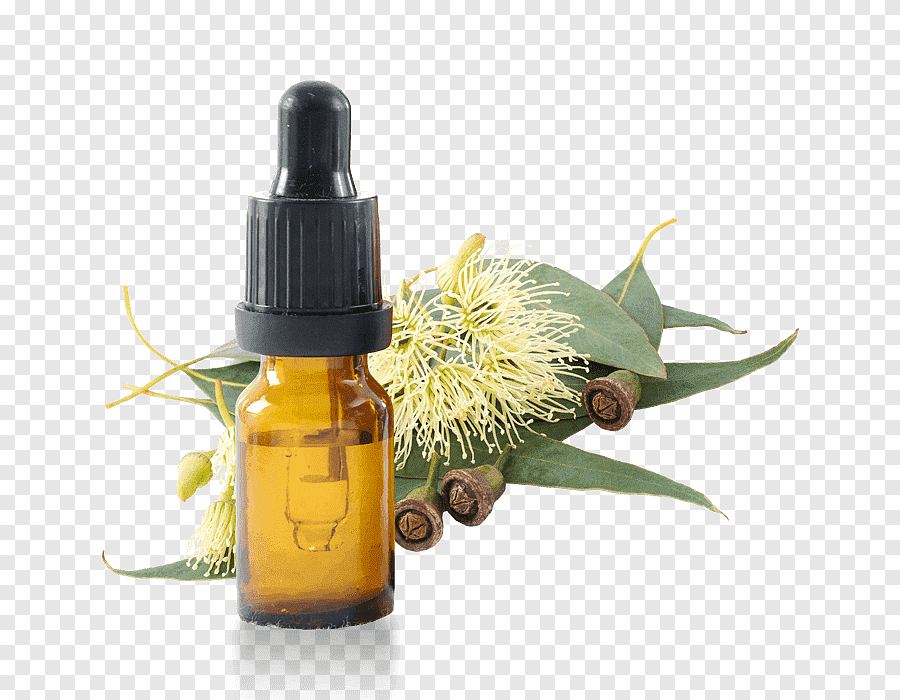 Health Related Issues
Health Related Issues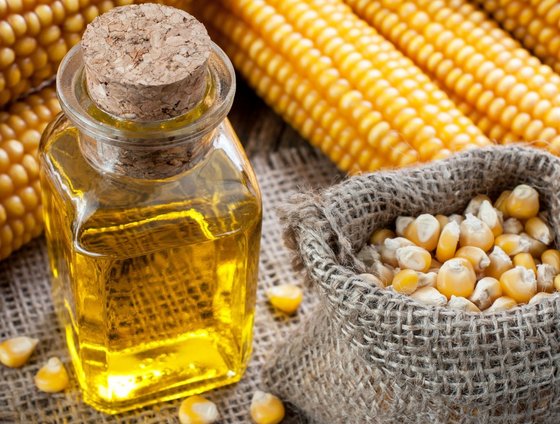


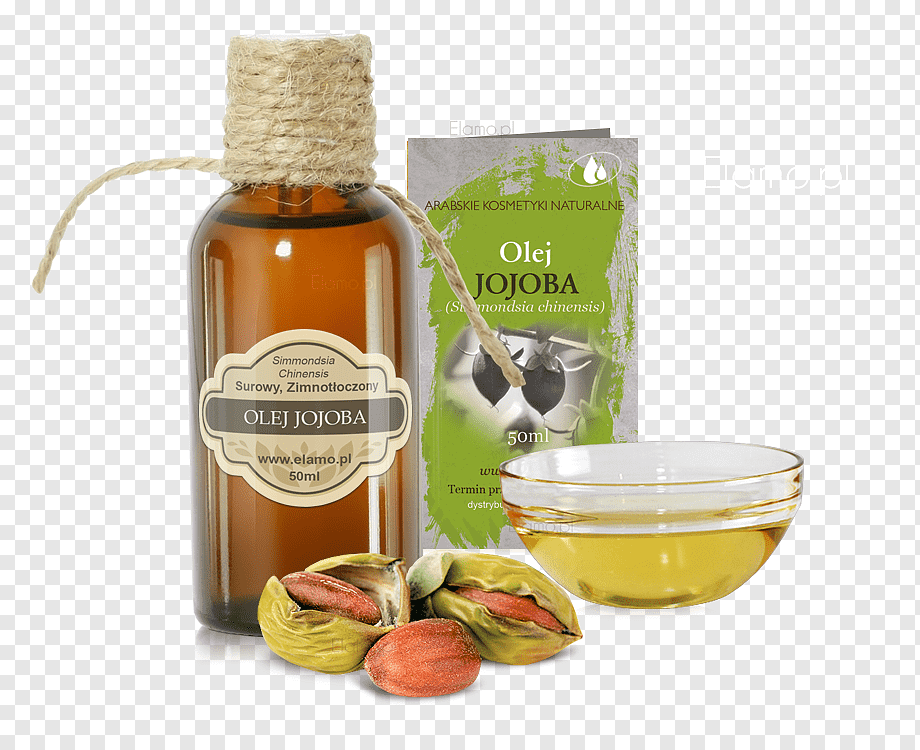


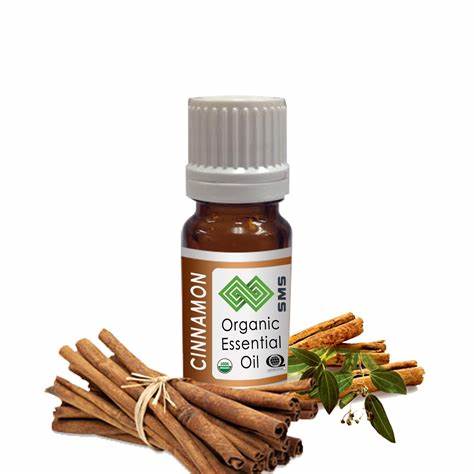
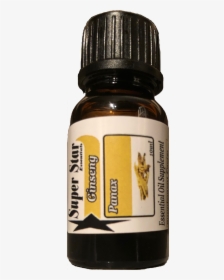


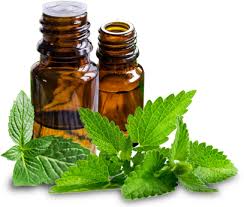
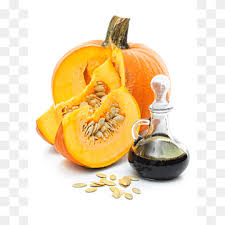

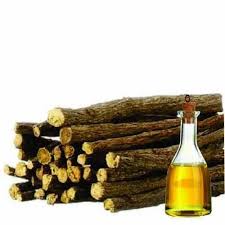
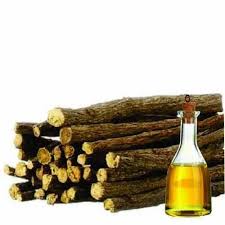
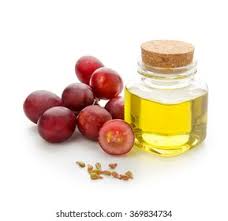
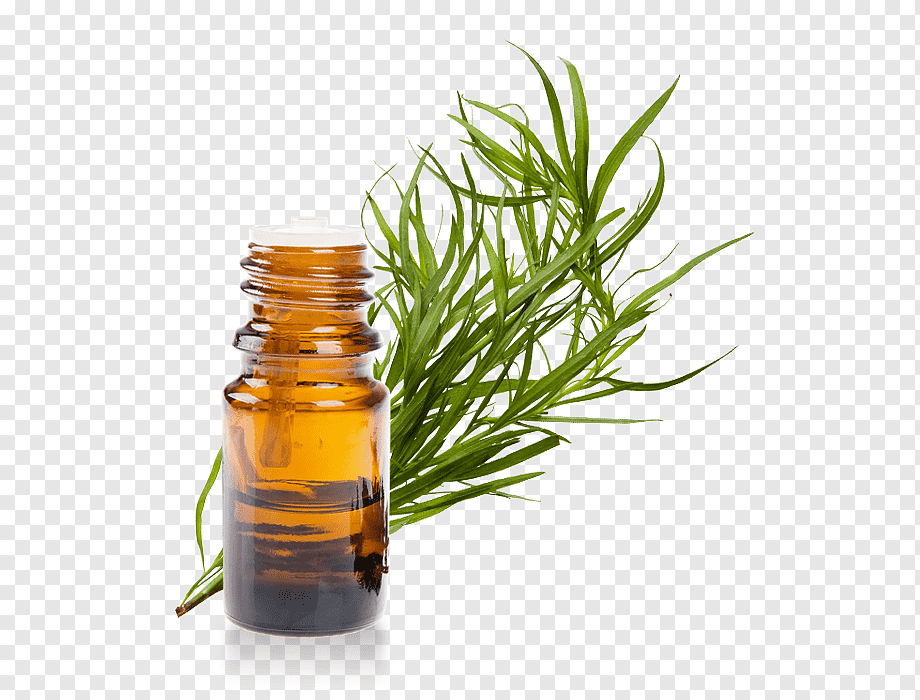
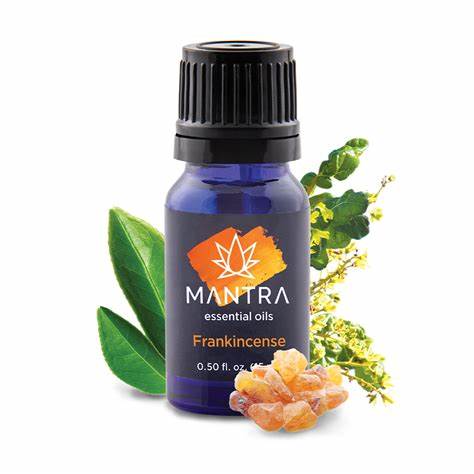
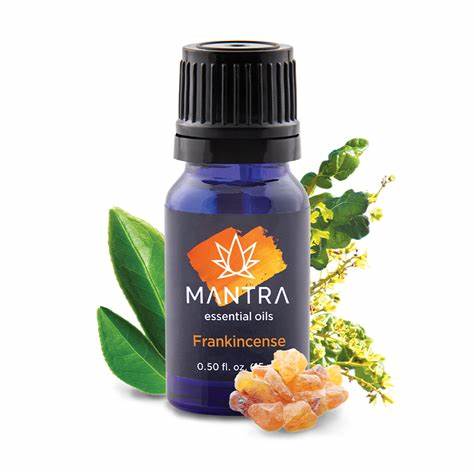


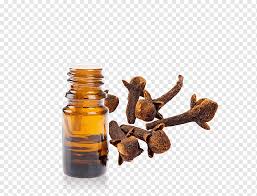

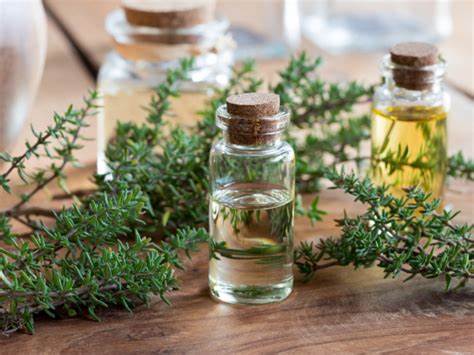
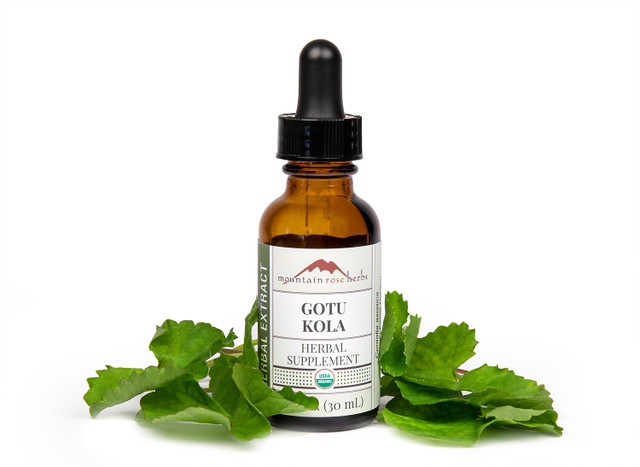
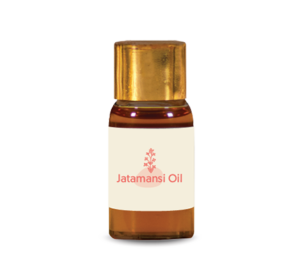
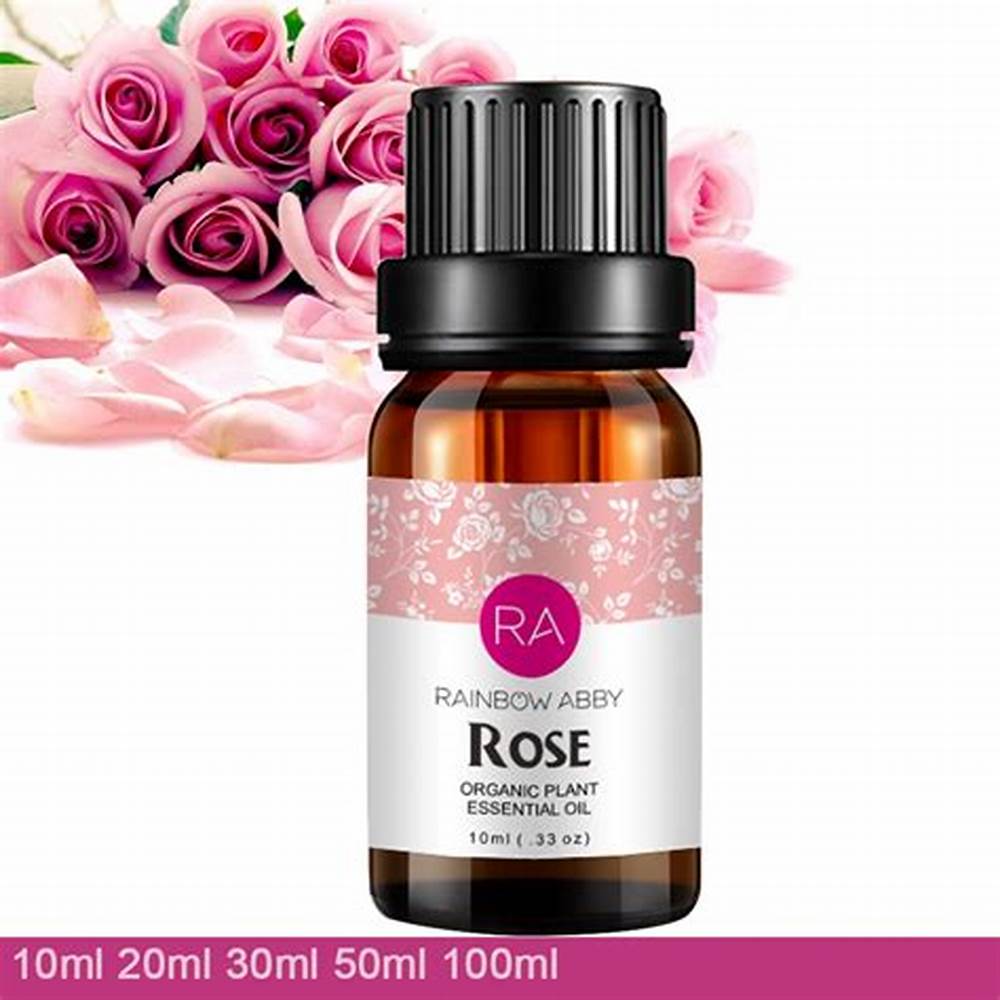
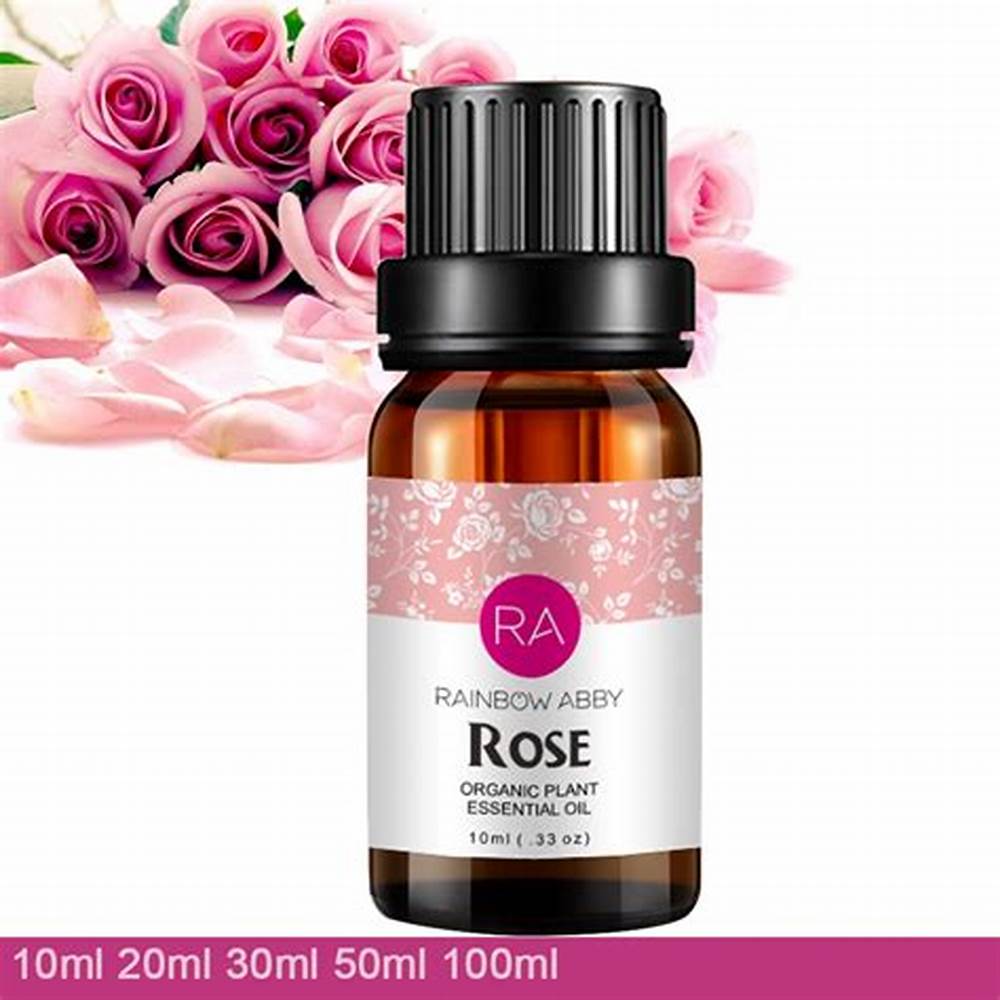


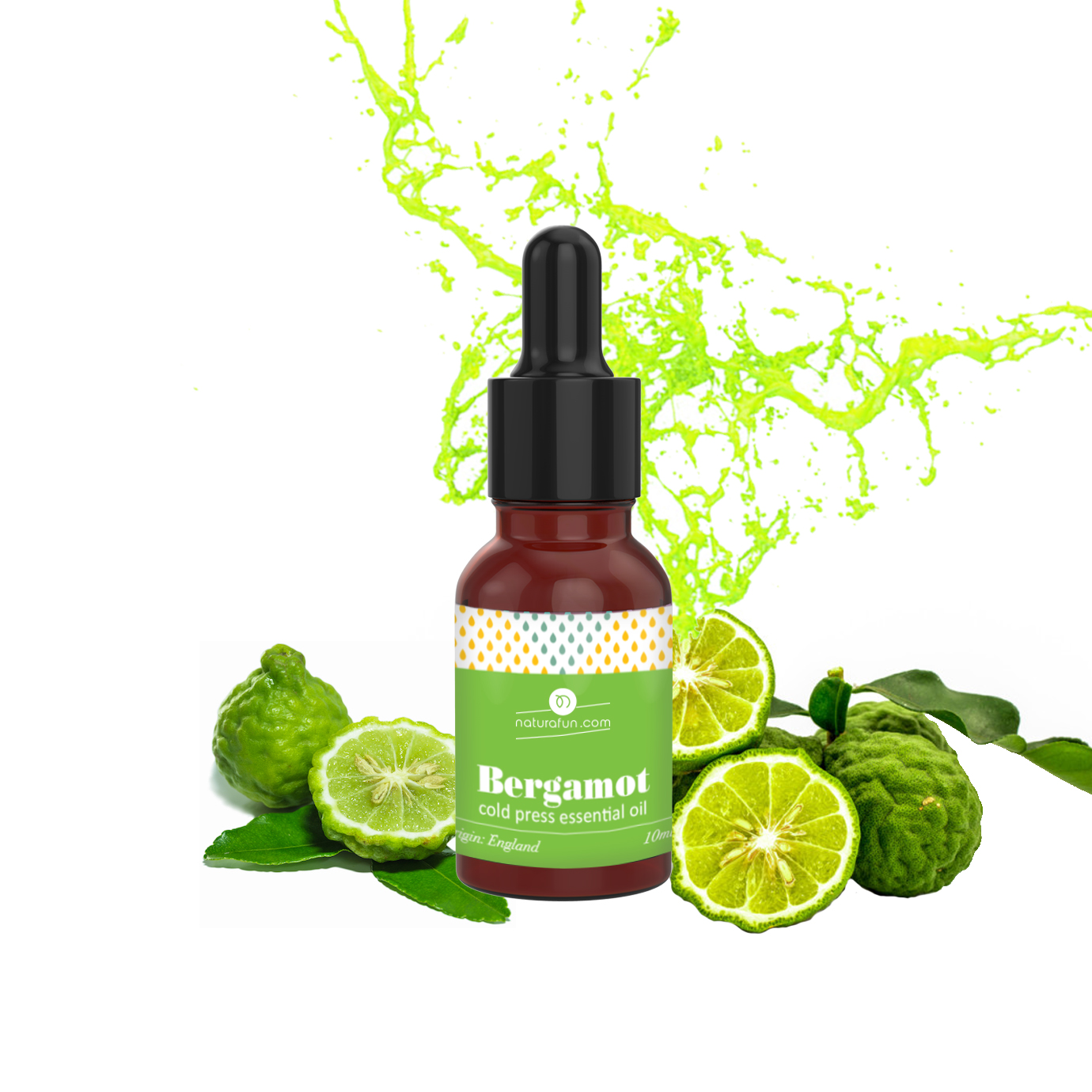
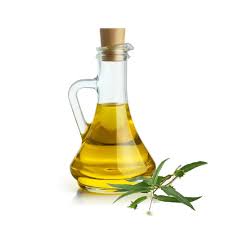
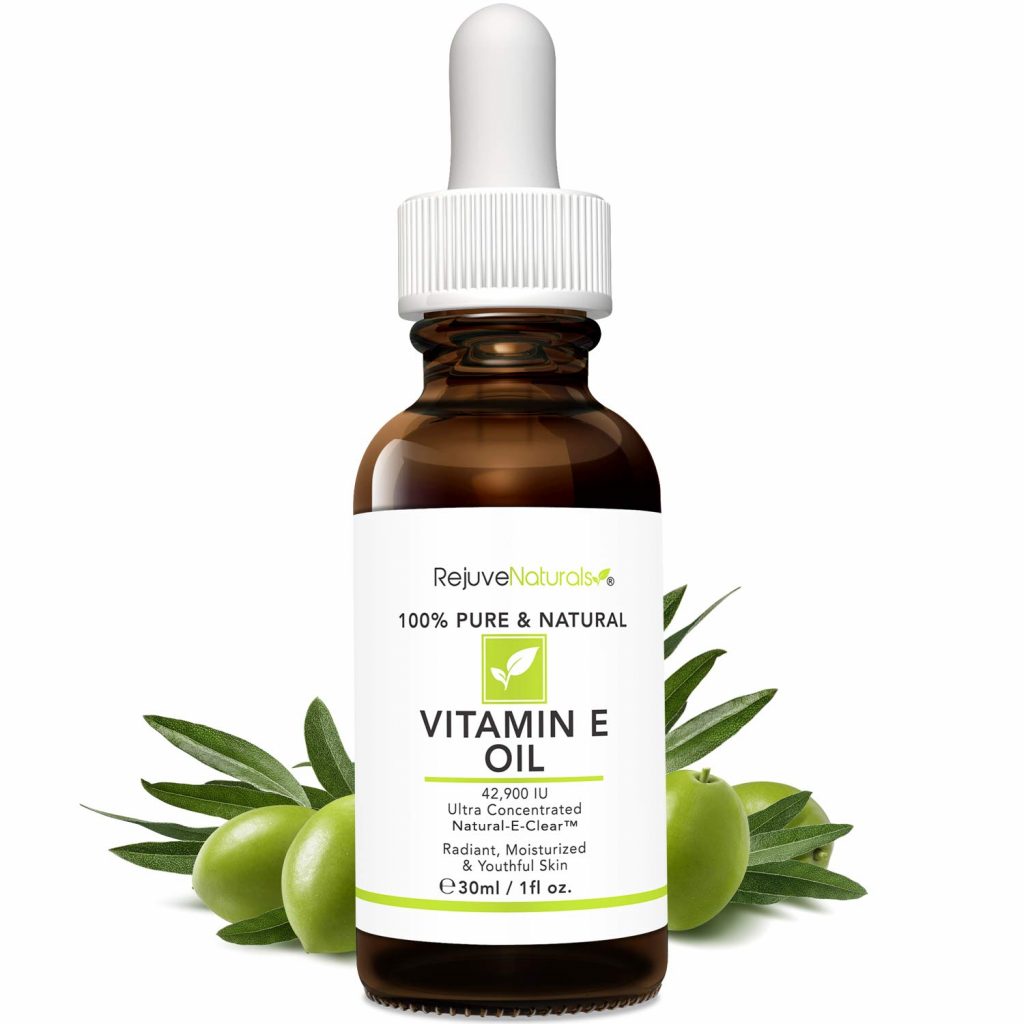
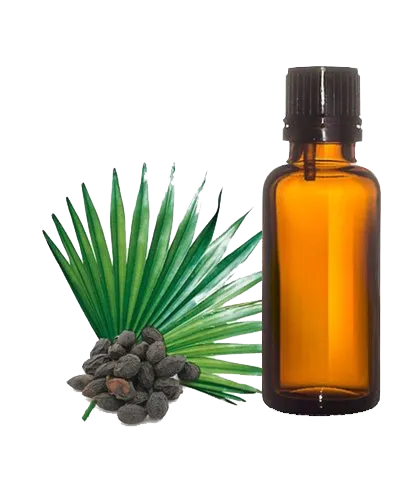
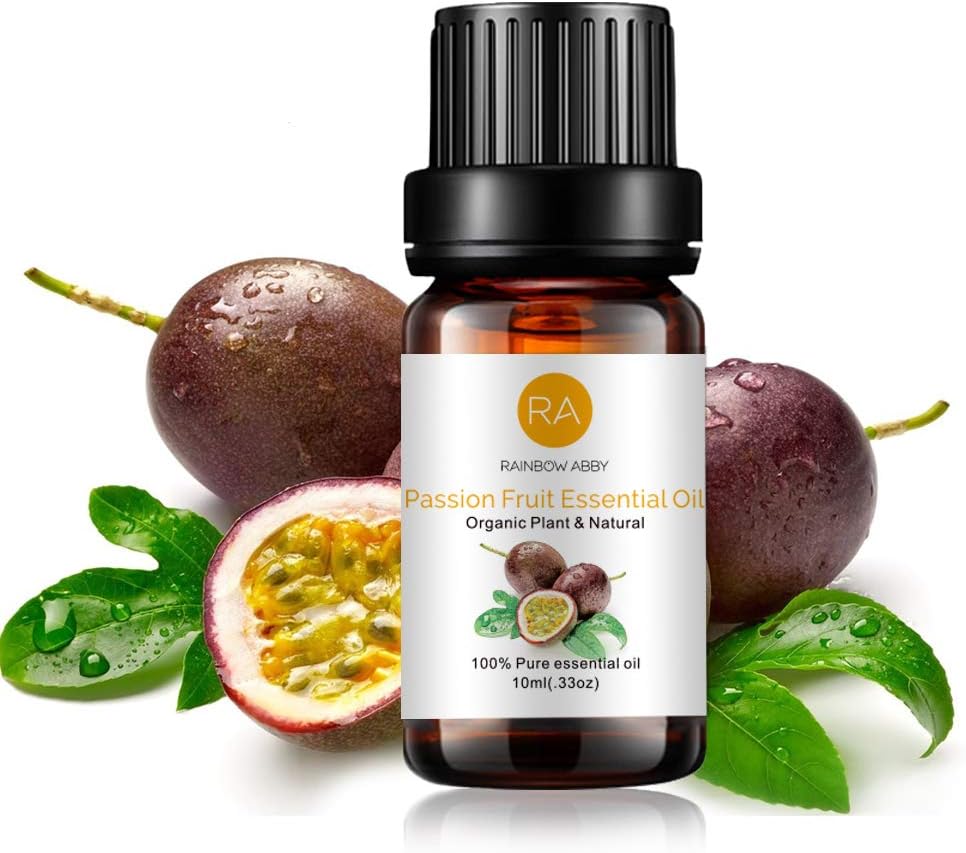



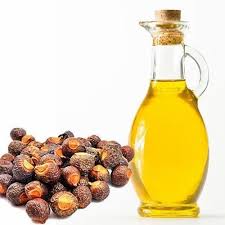
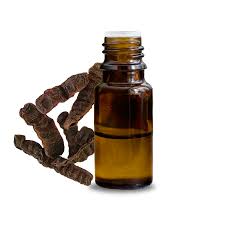
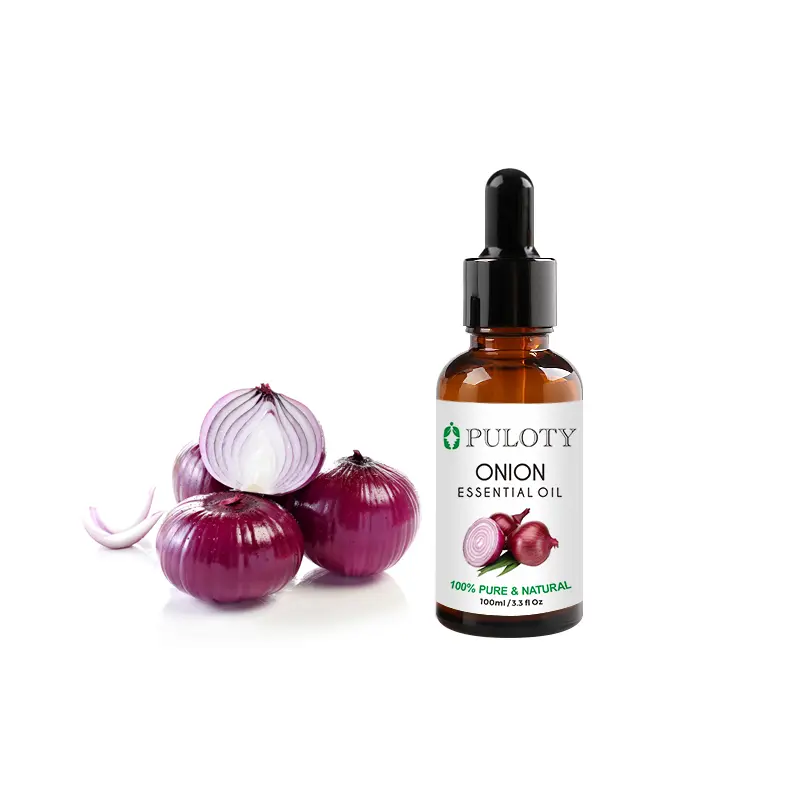
24394239.png)
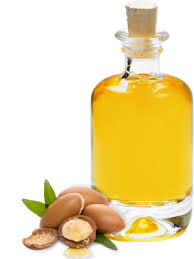
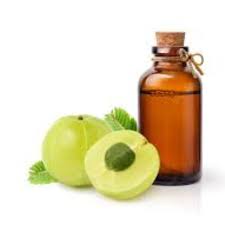

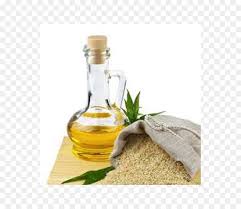
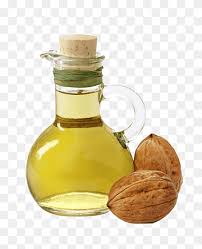
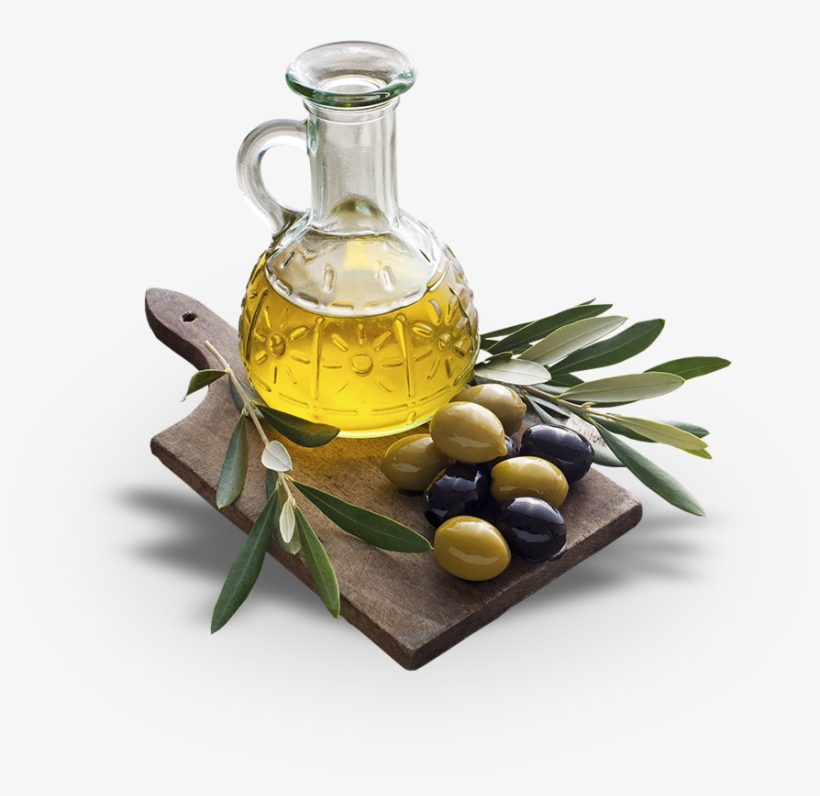
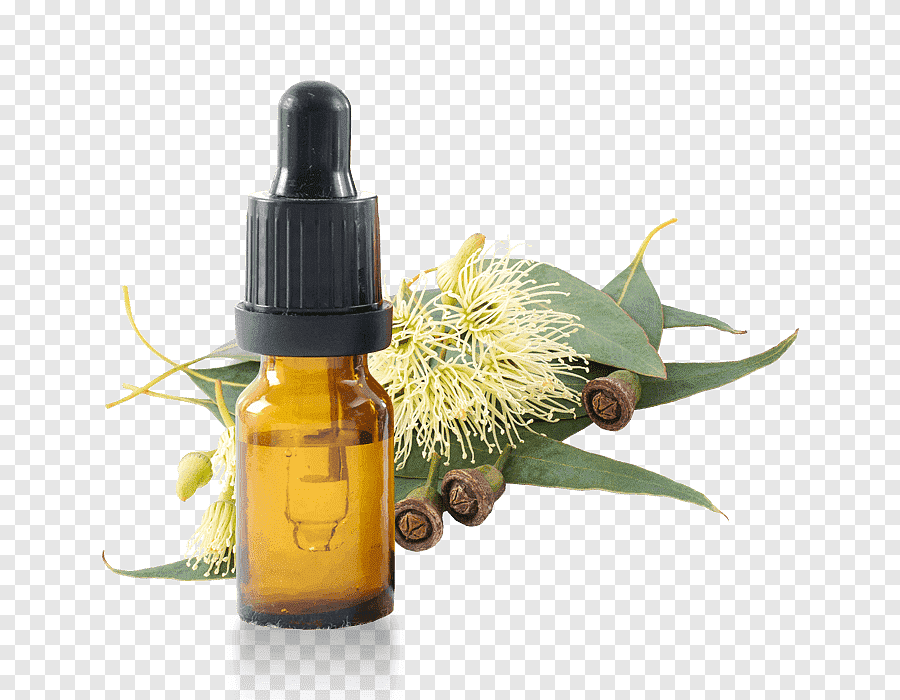
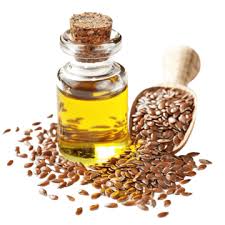
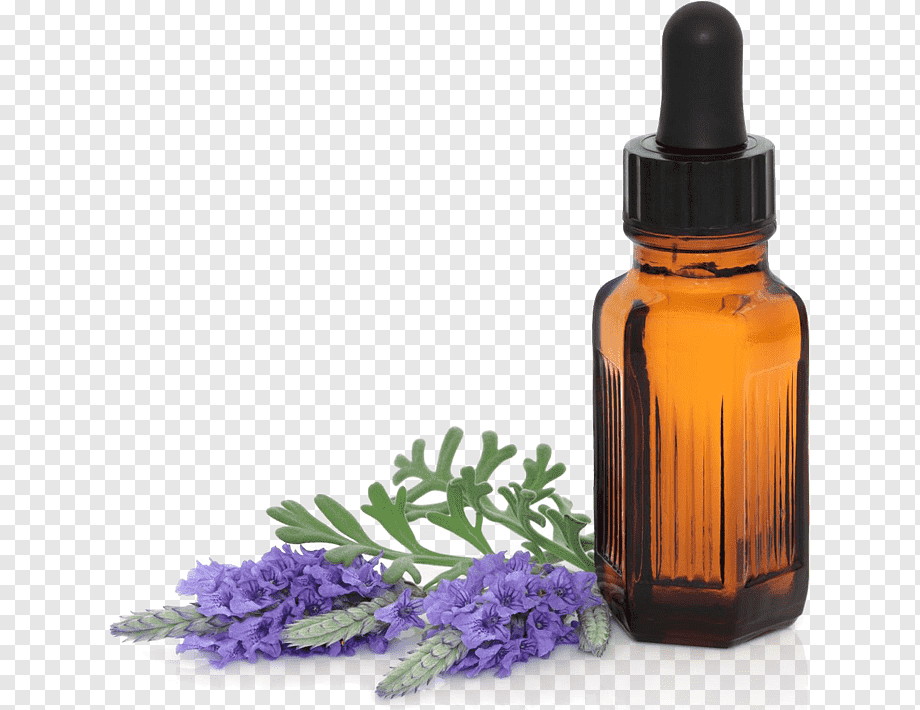


22354205.jpg) Lower
Lower abc
abc wellness
wellness Hair Fall
Hair Fall Skin Care
Skin Care Sensuality
Sensuality Carry
Carry Hair oil
Hair oil Gray to Black
Gray to Black Hair Growth
Hair Growth Sexual Wellness & Sensuality
Sexual Wellness & Sensuality NFC
NFC Lavender
Lavender Health Related Issues
Health Related Issues Natural Herbs
Natural Herbs Immunity
Immunity Joints Pain
Joints Pain Diabetic Issues
Diabetic Issues Skin,Fever,Cancer
Skin,Fever,Cancer Heart Related Issues
Heart Related Issues
Customer questions & answers
Customer reviews
4.8 out of 5